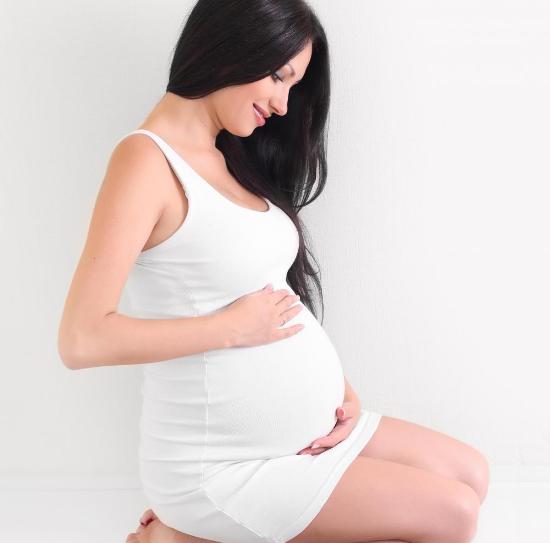Baby’s kicks are very special feelings during the phase of pregnancy. The kicks not only indicate that your baby is growing within you but also indicates that your pregnancy has reached a new level and your journey so far was smooth. The baby kicks are nothing but the movement of the fetus within the womb; it wriggles and squishes through the amniotic fluid – thereby making the mother feel its presence through the movements.
Although a common name is given to these movements as “kicks†– all of them are not necessarily kicks, they can be hiccups, hand movements, movement of the diaphragm, turning sides, somersaults and so on. Here is a list of interesting facts about baby kicks that you should know –
 Baby Kicks are Mainly Response to What is Happening in your Environment
Baby Kicks are Mainly Response to What is Happening in your Environment
These kicks are important signals stating that your baby is growing healthily. It stretches out the limbs for relaxation but most of the times it’s a “stimuli†response to what is happening in your surroundings. Too much of sound, light or strong food taste taken by the mother can make the baby move more than normal. Talk to your gynecologist and know in what ways your surroundings can help to keep your baby soothed and calm.
The Baby Kicks are more After Meals
Babies kick more after your meal; the usual and normal count of baby’s kicks in a day is 15-20 times, but you will notice the baby kicks more after you have just taken your meal. It can probably be a response to the movement of other organs around or the taste of your meal can be the trigger – any steadfast reason is still not confirmed.
Babies can Start Kicking from Nine Weeks
Usually in pregnancy, babies start showing up their movements after 18 or 19 weeks; but in reality they start their movements within the womb from 9 weeks itself. These movements whatsoever cannot be felt by the mothers or you need to be very attentive to feel them. Ultrasound method can detect these slight fluttering movements.
Reduced Number of Kicks Suddenly can Indicate Something is Wrong
A healthy and active baby usually kicks 15-20 times a day. However, when the fetal movements are scanty it can be a reason for concern as probably the fetus is not getting enough oxygen or nutrition. An ultrasound scan can detect if your baby is under any stressful condition. It will check the fetal heart rate and evaluate the cause of reduced kicks and movements. Check your baby’s kicks every hour and especially note if its moving when you are eating. Fetal distress can also occur if there is a drop in your sugar levels.
Absence of Fetal Movements Always does not Mean Trouble
Sometimes when there is reduce kicks it can also mean that baby is resting inside the womb and it can be as long as 40-50 minutes. Usually after 36th week the baby kicks reduces due to lack of space in the womb.
Baby Kicks Increase if you Sleep on your Left
If you lay on your left your body gets the best blood circulation and therefore the baby will also wriggle and move more than usual. While the fetal movements decrease if you are standing or walking. Also, baby kicks are more evident during the evenings than in morning.
Other Factors that Affect Fetal Movement
If your placenta is anteriorly placed or you are on sedating drugs and alcohol; the fetal kicks might not be very strong. Antenatal steroids that are often given to the expecting mothers if the baby’s lungs are not matured enough also leads to reduced fetal movement.
There is no said or accurate number of baby kicks that should compulsorily occur in a day but keep an average count in the back of your mind and get alerted if you realise any reduction in movements. After 28 weeks if there is any doubt about the baby kicks’, you can go and lie in a quiet room after meal and check the count for next 2 hours – if there are less than 10 kicks’ it is better you go for a medical check up.






